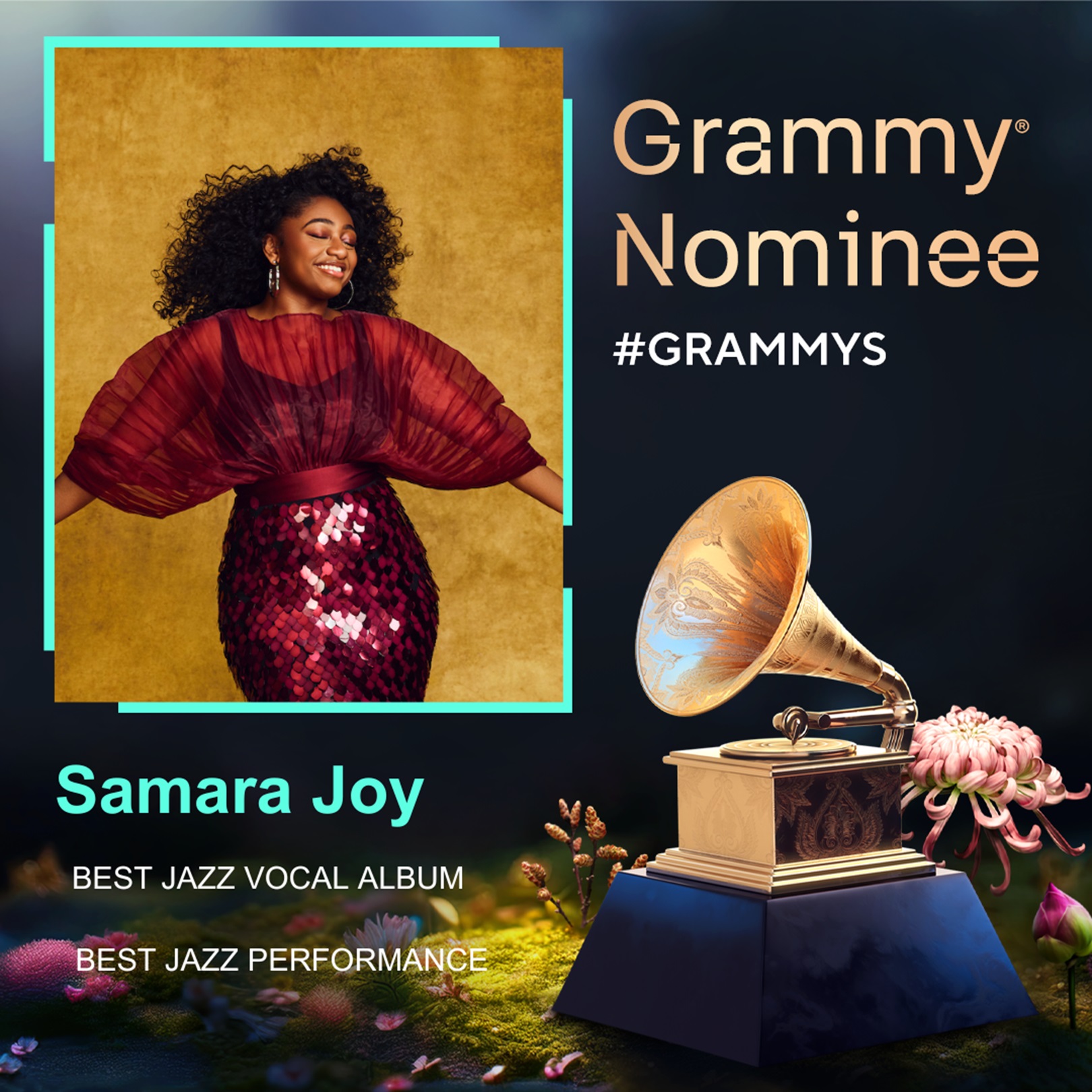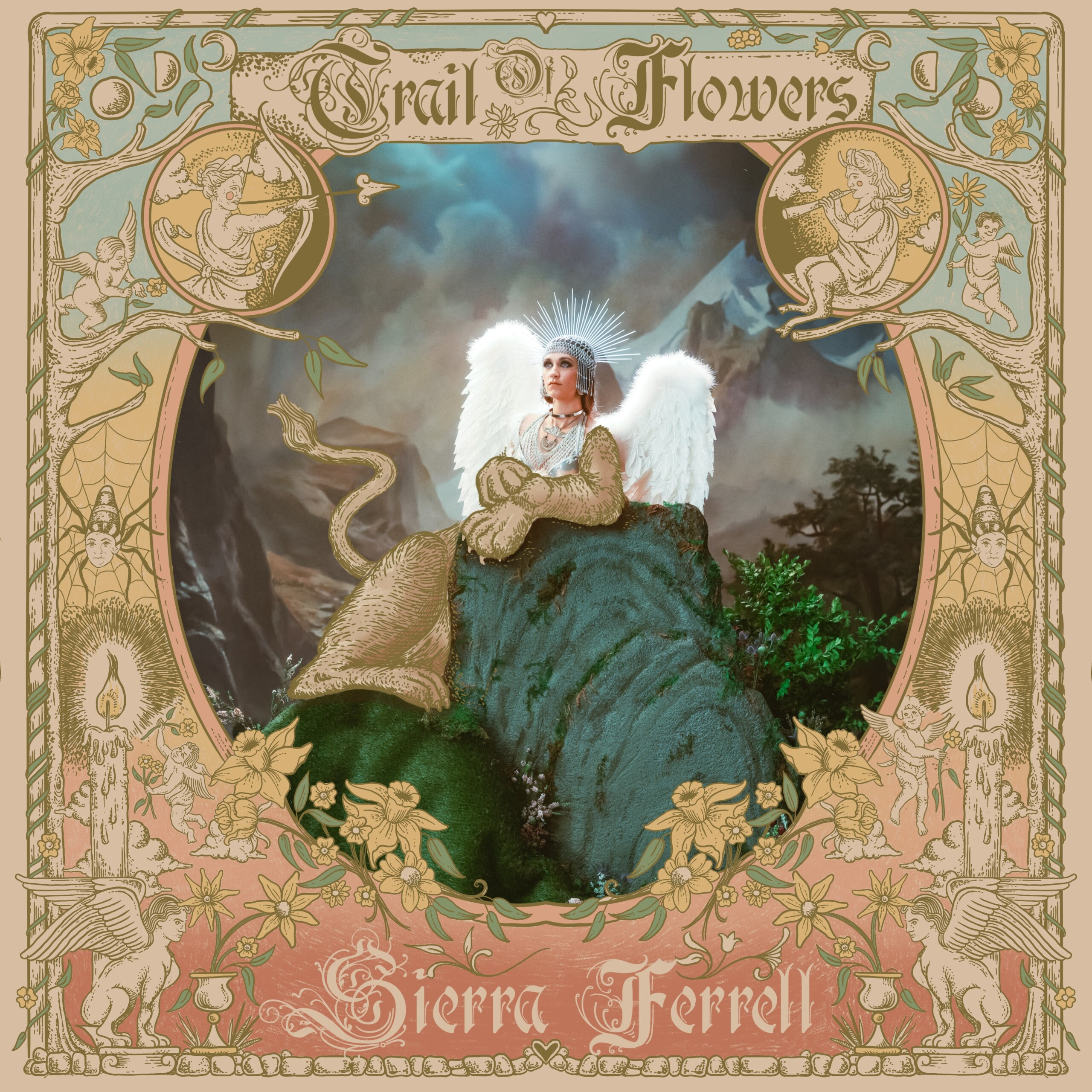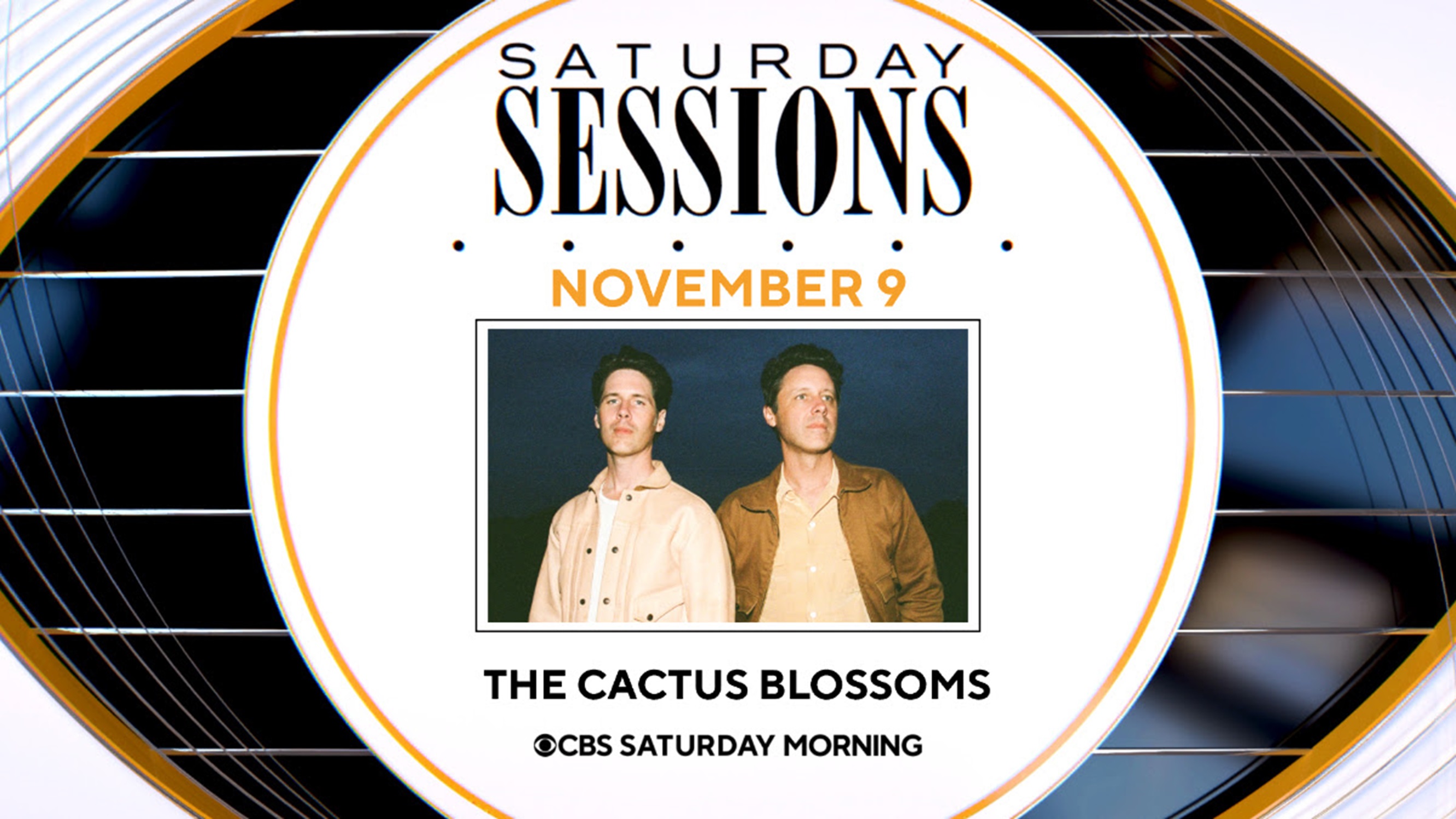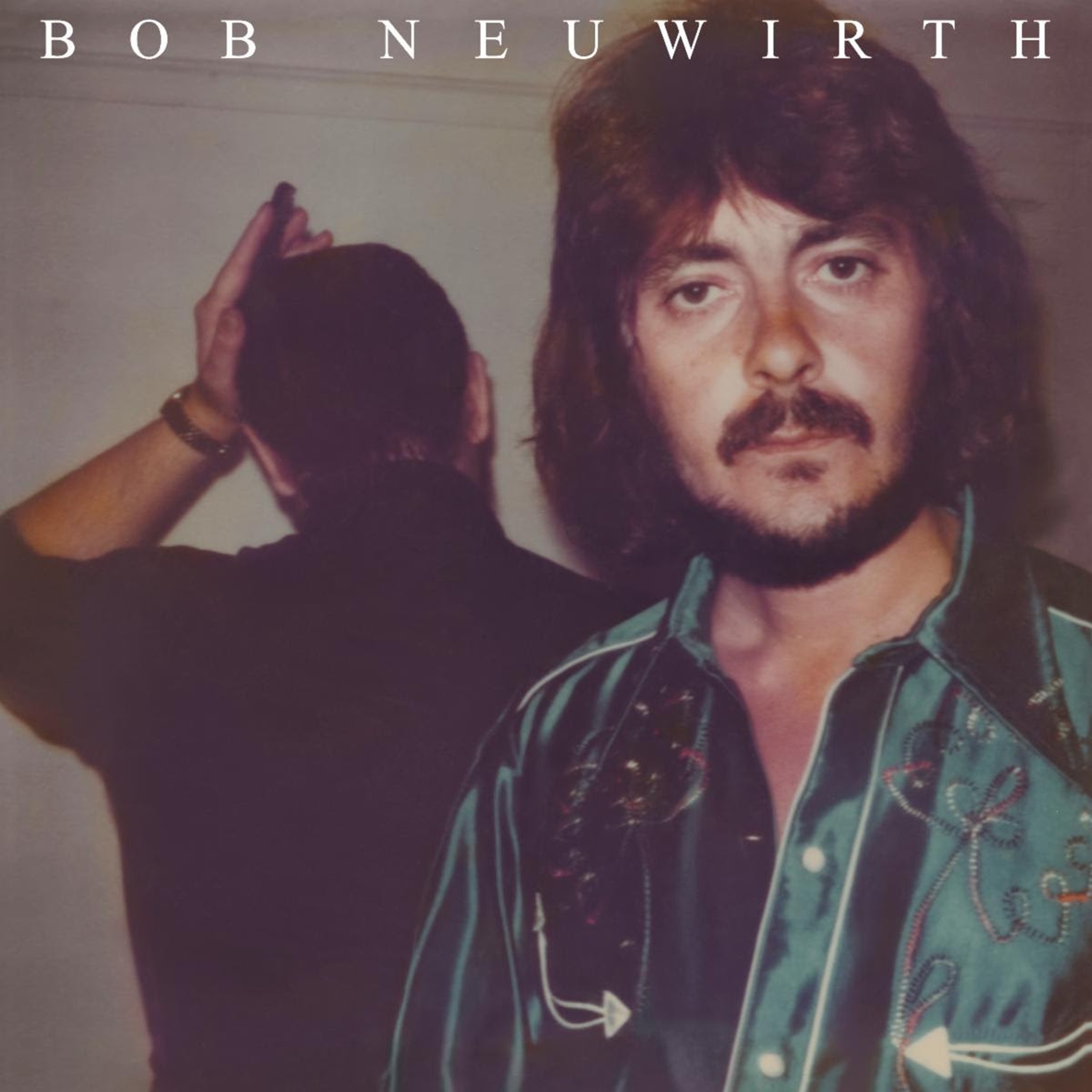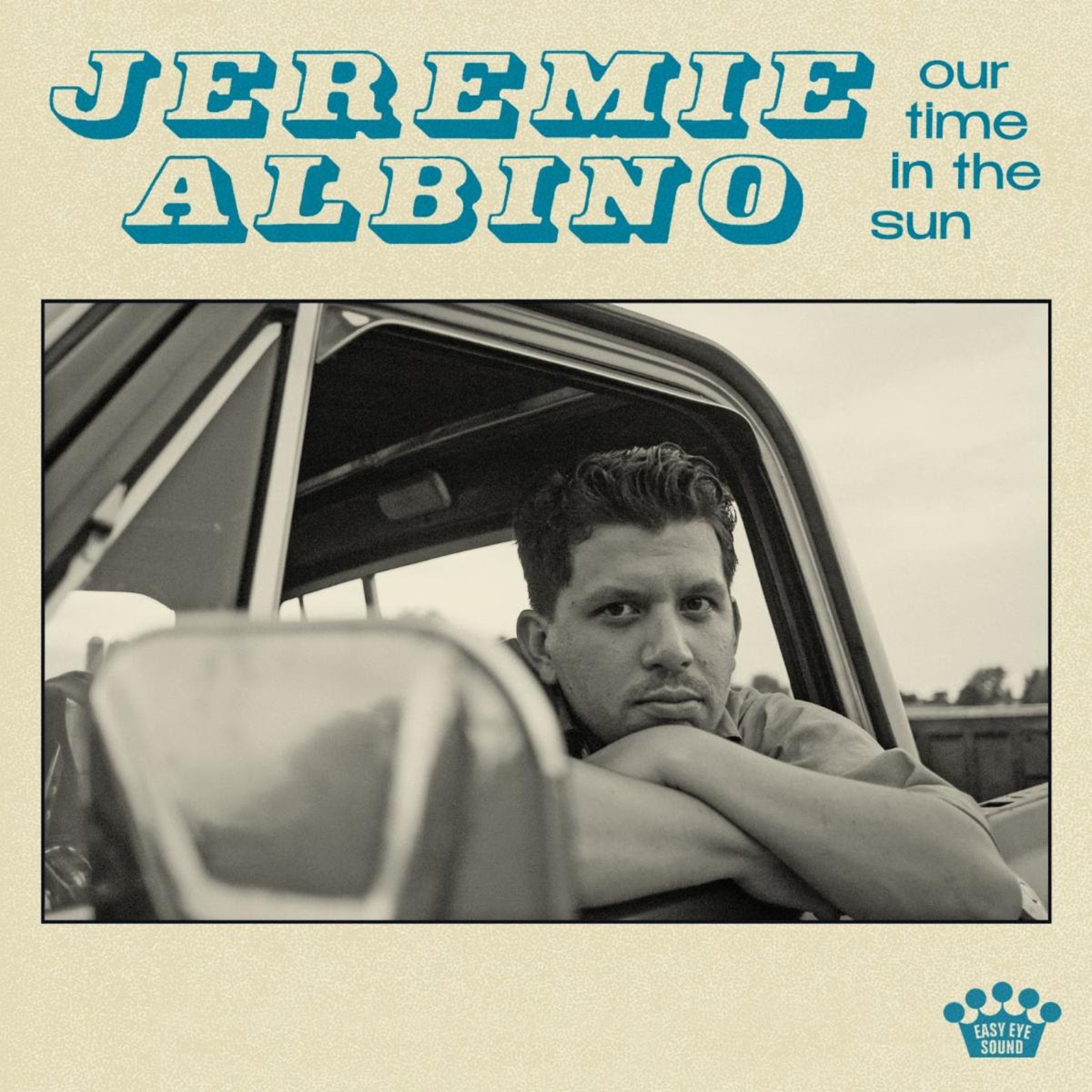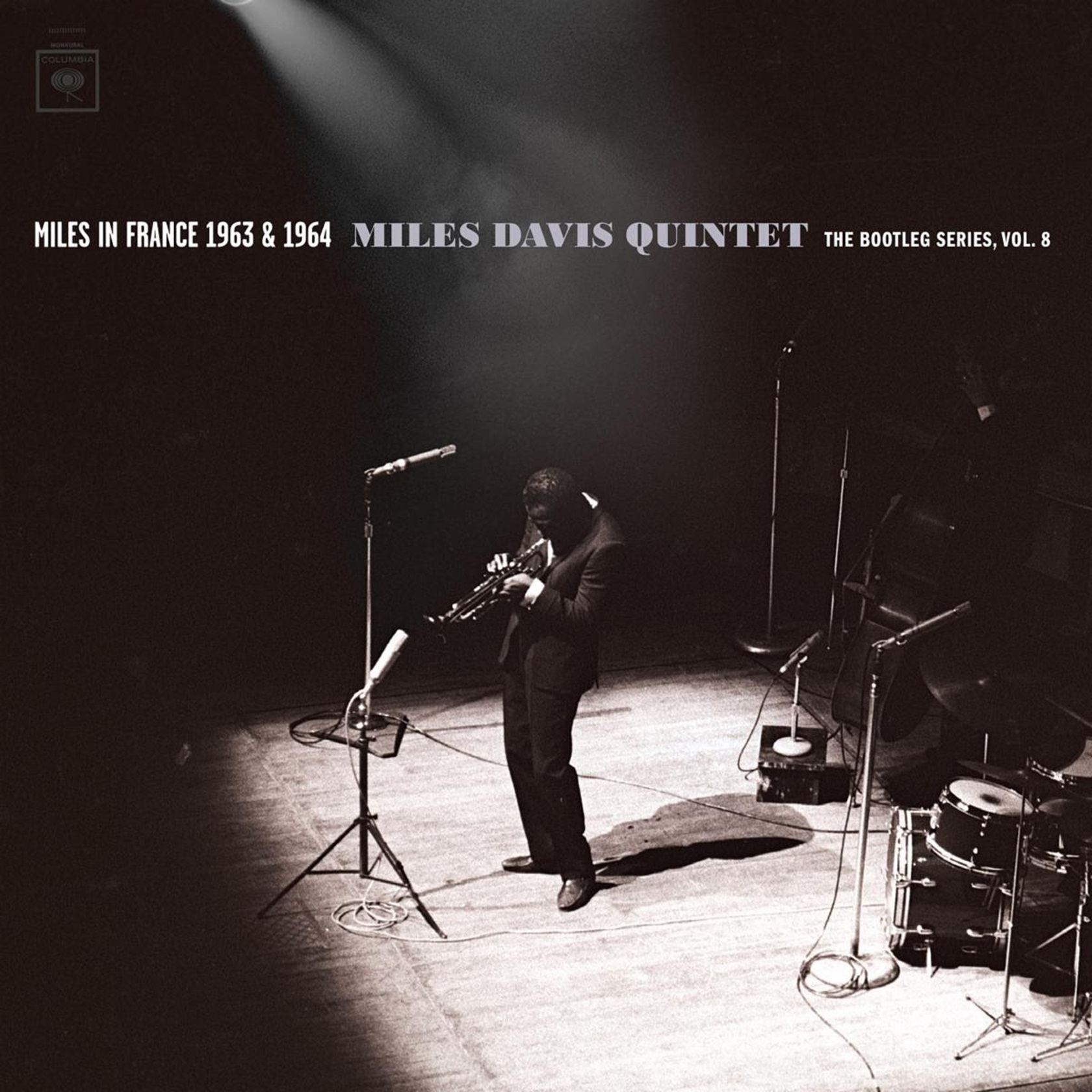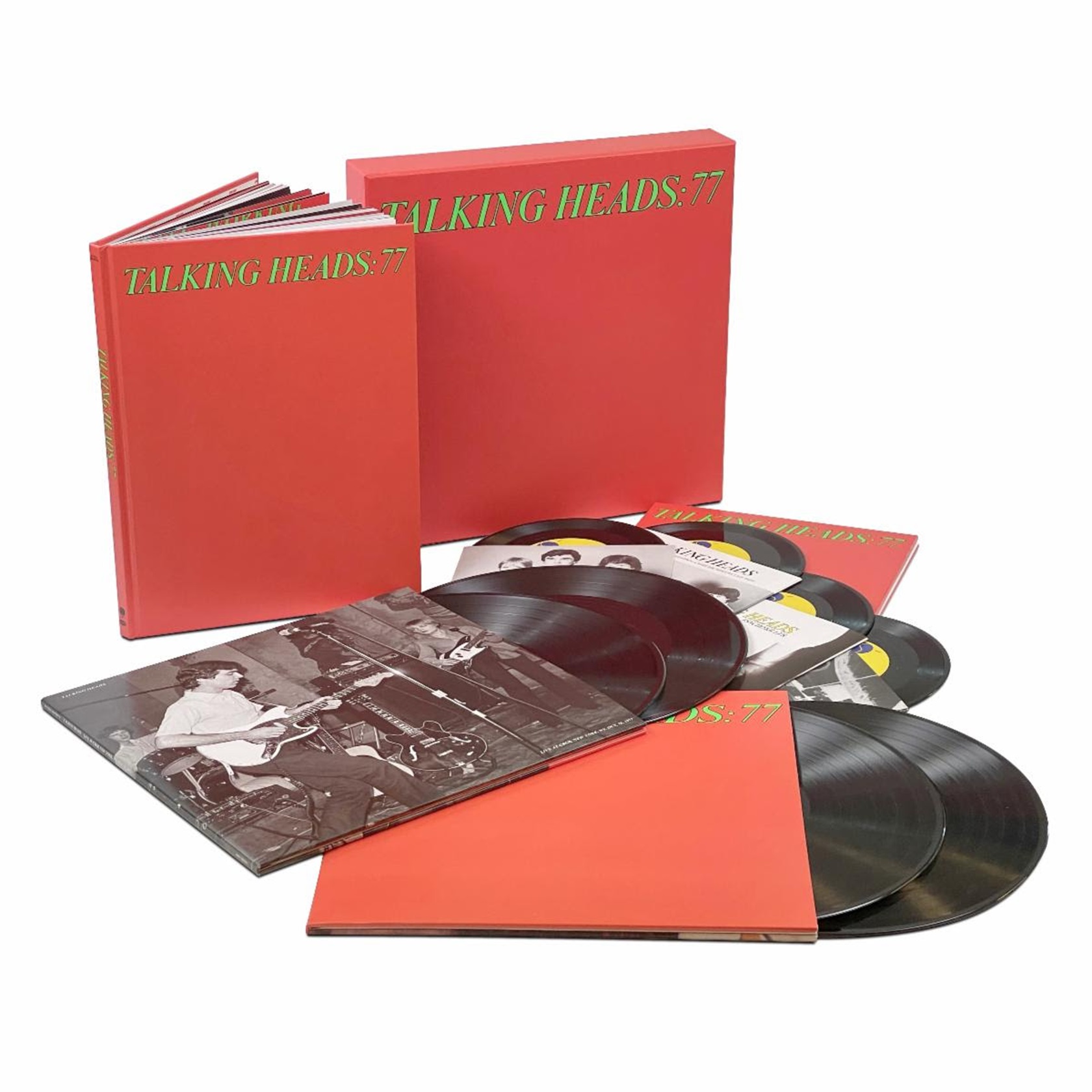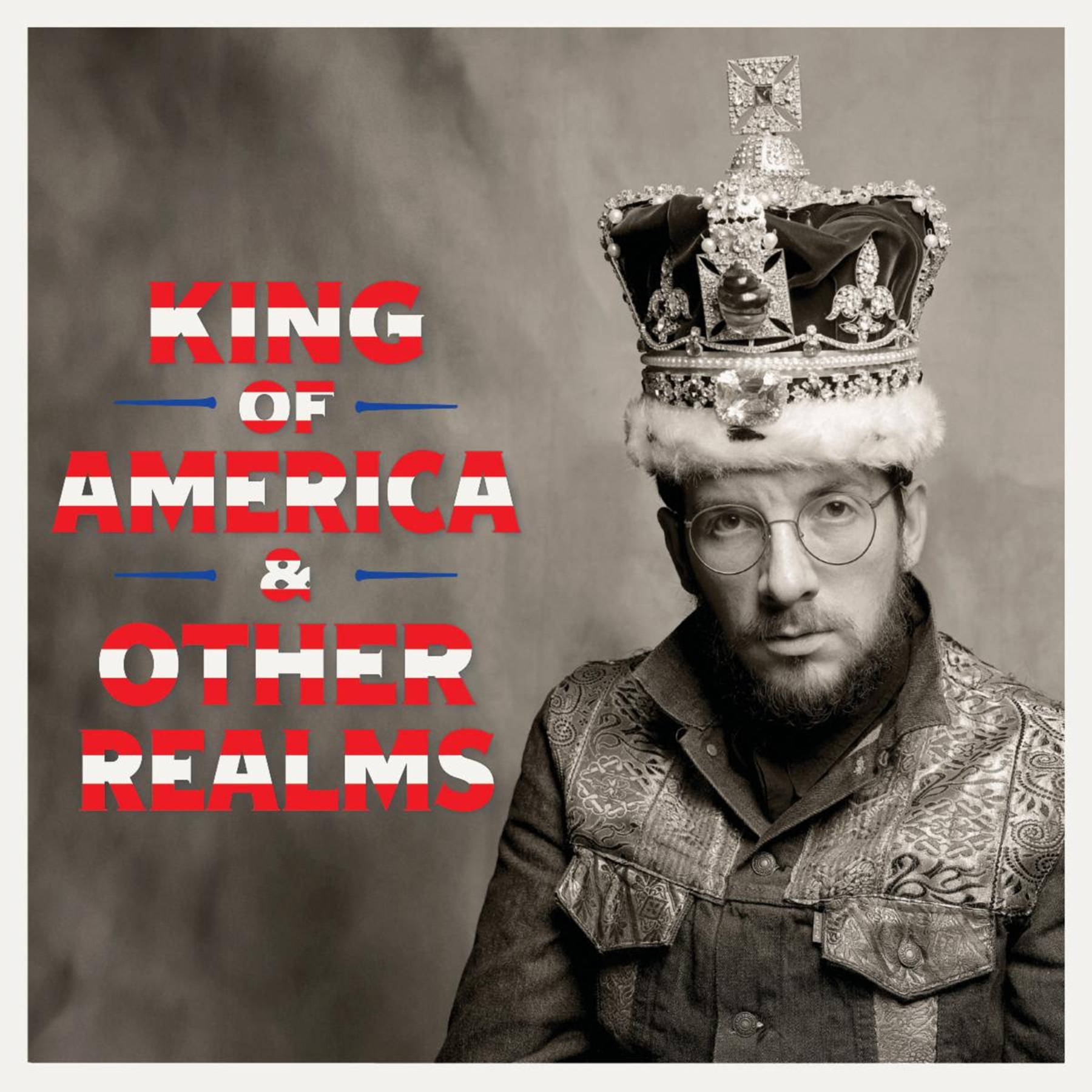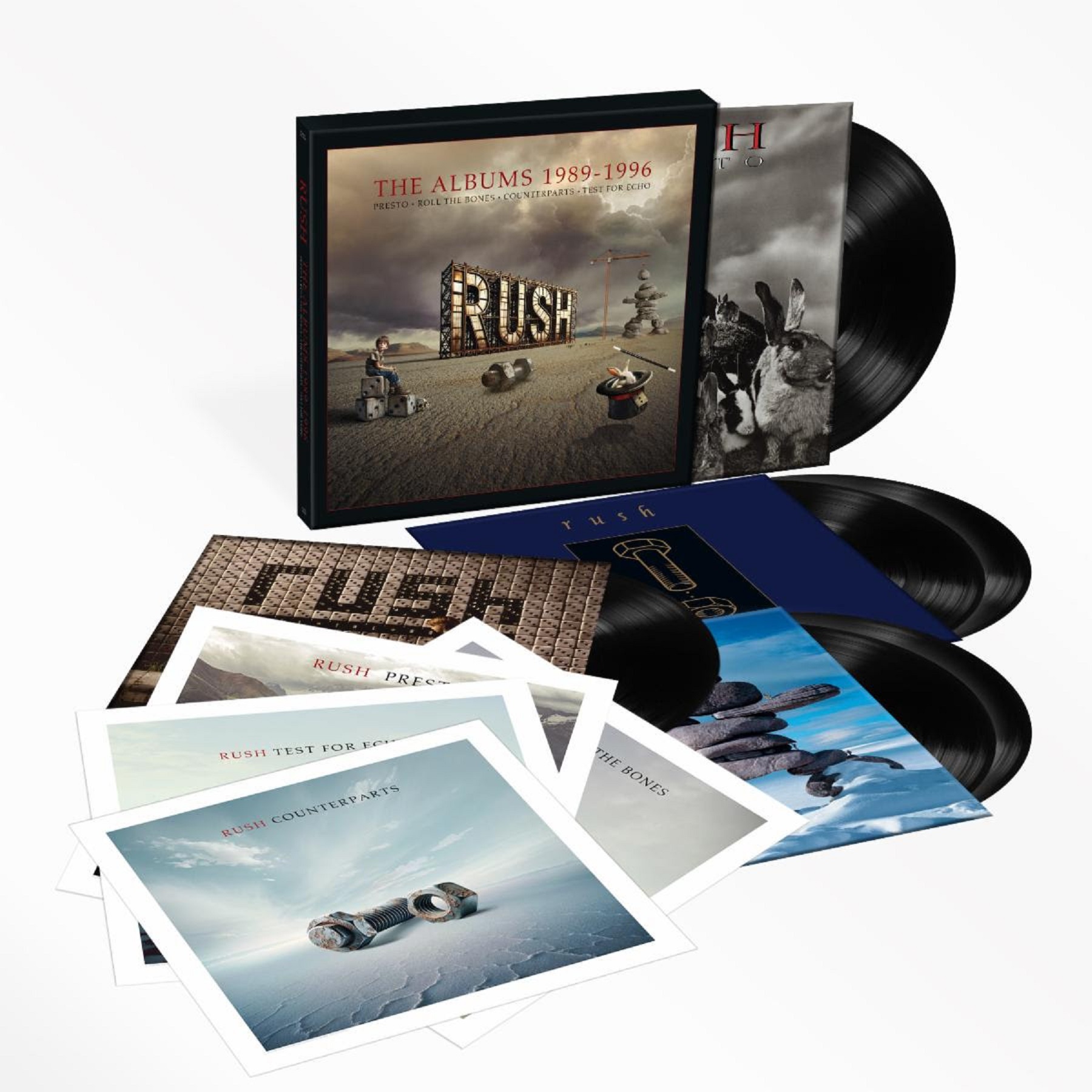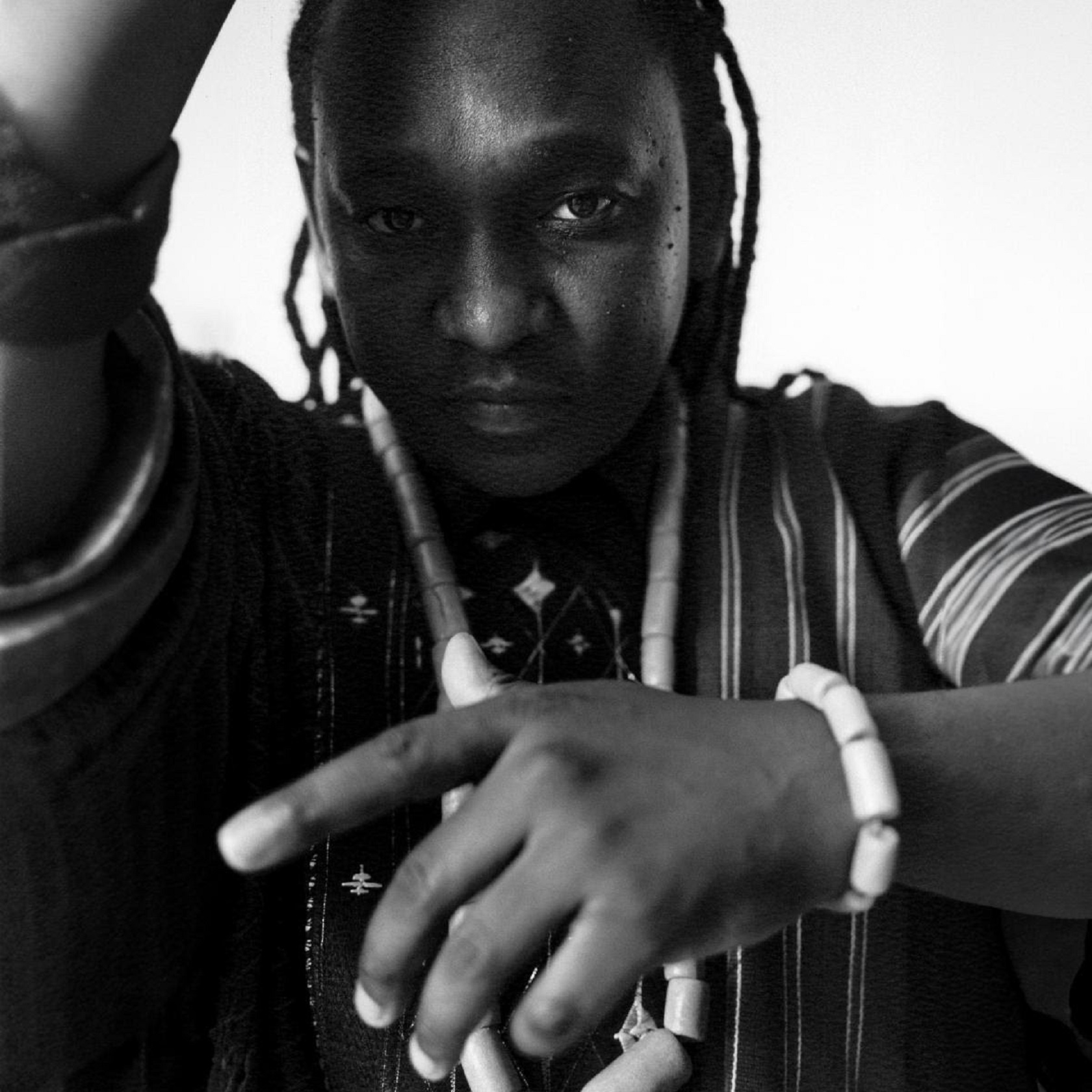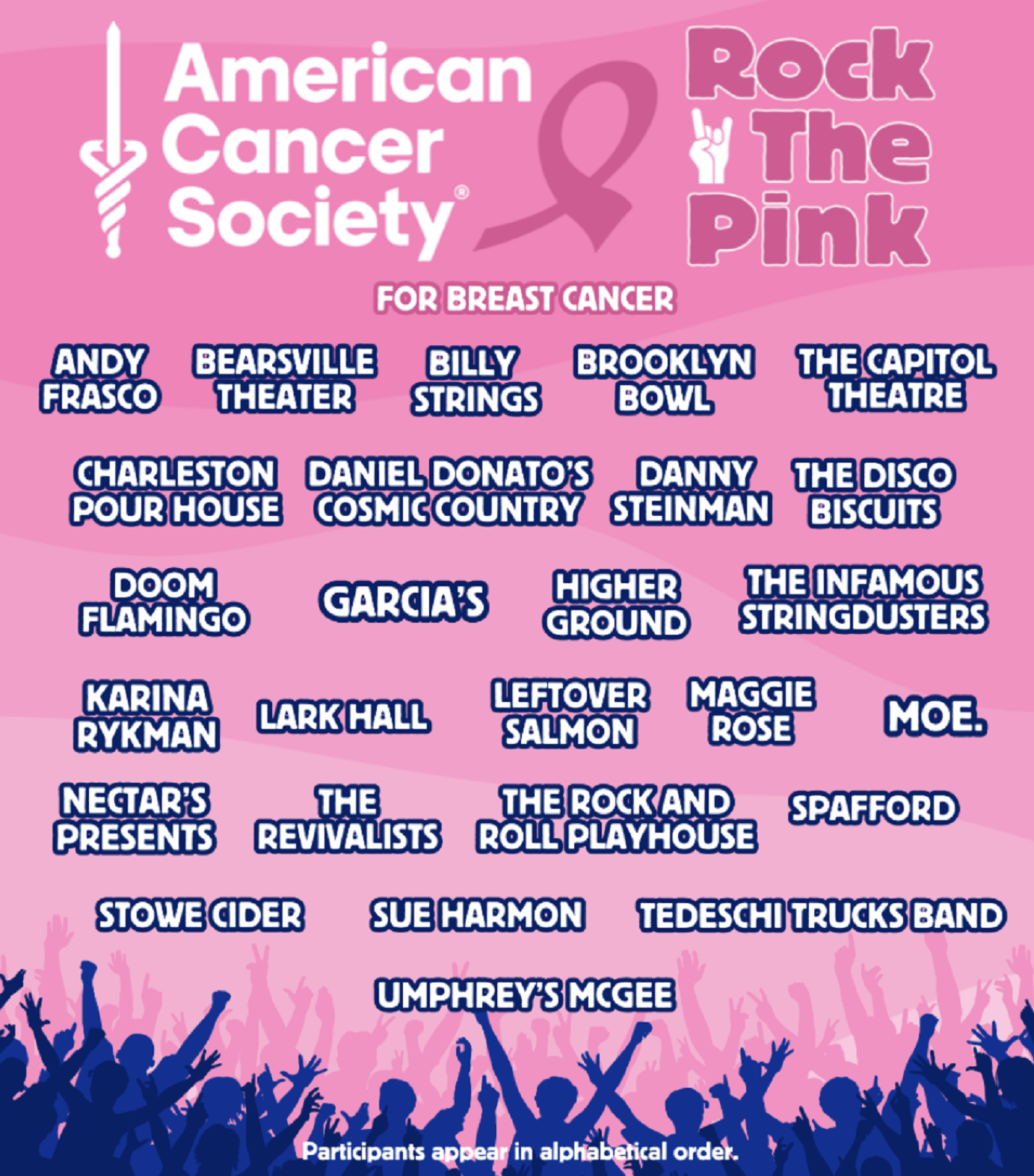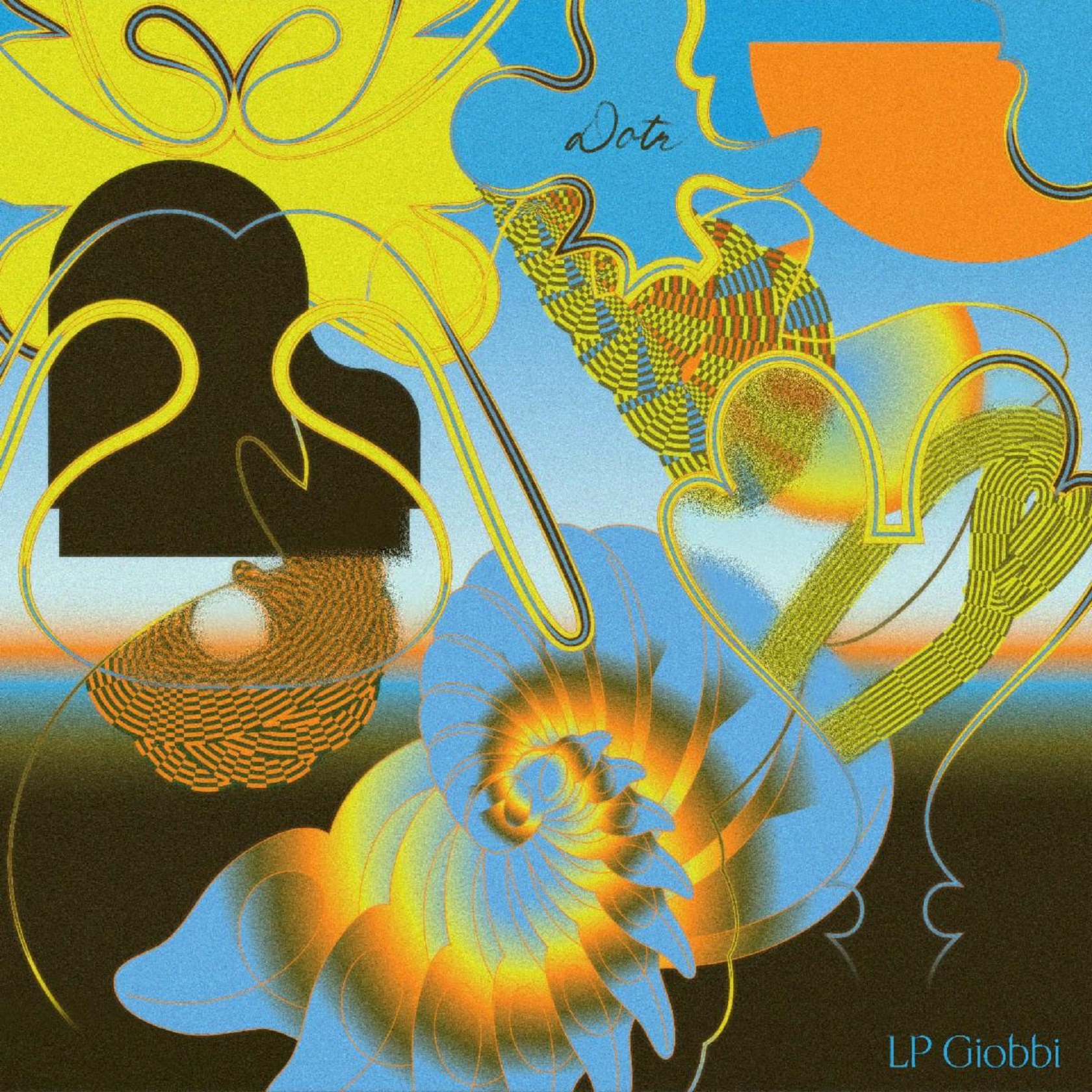“I am drunk on whiskey and I’m half your age," sings Julie Kathryn, "and I would do anything if you’d just let me stay.” That balance of wit and candor runs through 'Black Trees' (8.27), the debut album from the NYC singer / songwriter. The seven original tracks and three covers explore the blossoming and ultimate unraveling of a relationship for a result Crushable calls “vulnerable and sweet but tinged with darkness.”Fusing the immediacy of Norah Jones and Natalie Merchant with the indie leanings of Neko Case and Cat Power, Kathryn lays bare her romantic wins and losses on ‘Black Trees,’ honing an aesthetic that's been described as Americana Noir or “Audrey Hepburn meets Joni Mitchell.” The album was produced and engineered by Felix McTeigue (Carrie Underwood, Lori McKenna, sami.the.great) and Drew Guido (Lady Lamb the Beekeeper, The Bengsons) at Vel Studios in Brooklyn. On the title track, Kathryn describes meeting a man who, like her, is spending the Fourth of July alone -- the pair's "sadness collided," but they end up as lonely as they were before they met. Kathryn proves her mettle as a narrative songwriter with “Johnny,” which was awarded third place in the Indie International Songwriting Contest in the Americana/Country category. 'Black Trees' also includes Bob Dylan's “Emotionally Yours,” Greg Brown's "Blue Car," and a version of Jay Farrar's “Windfall” featuring songwriter Ari Hest, who also duets with Kathryn on the piano ballad “In My Dreams.”A relative newcomer to the NYC music scene, Kathryn -- who plays both guitar and piano on 'Black Trees' -- spent more than five years as a social worker after earning a Bachelor's degree in psychology from Cornell University and a Master of Social Work from Columbia University. The singer recalls, “After interviewing clients in the Tombs [New York jail] during the day, I would go out at night and play gigs.” Ultimately, it was her passion for helping others that led to her decision to pursue music full time: “When I stopped feeling spiritually connected to [social work],” she explains, “I realized I could serve a higher calling through music.”






